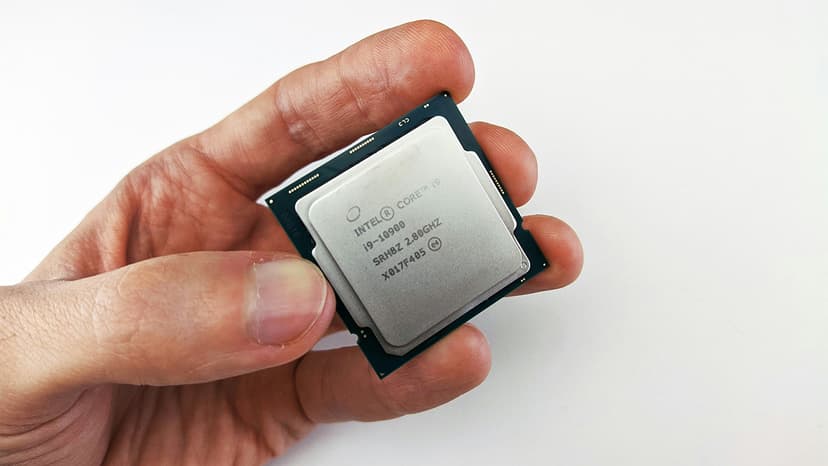How to Increase Efficiency in Study
Studying efficiently is key to academic success. Optimizing your study habits can help you maximize your learning potential and achieve better results. Here are some tips to improve your study routine:
1. Create a Productive Study Environment
The environment where you study affects your concentration. Ensure it is clean, organized, and free from distractions. Choose a quiet location for focused study sessions. Personalize your area with motivational items like quotes or pictures that inspire you.
Utilize technology tools and apps to enhance your productivity. Use platforms such as Trello and Evernote for task organization, note-taking, and study schedule management.
2. Plan and Prioritize
Effective planning is important for studying well. Set clear goals and develop a study schedule outlining your daily or weekly objectives. Break your sessions into smaller tasks, and assign specific time slots for each.
Prioritize tasks based on importance and deadlines to avoid feeling overwhelmed. Consider productivity techniques such as the Pomodoro Technique to divide study sessions into focused intervals with short breaks in between.
3. Utilize Active Learning Techniques
Passive reading or highlighting text may not be effective for retaining information. Engage with the material actively. Summarize concepts in your own words, create flashcards, or teach the content to someone else. These methods promote deeper understanding and retention.
Explore interactive study tools on platforms like Quizlet for flashcards, quizzes, and games that make learning engaging.
4. Take Regular Breaks
Taking breaks during study sessions can improve efficiency. The brain requires rest to consolidate information. Incorporate short breaks into your routine to combat mental fatigue and maintain productivity.
Experiment with various break lengths to discover what suits you best. Popular techniques include a 5-minute break every 25 minutes or a 10-15 minute break each hour.
5. Practice Retrieval and Spaced Repetition
Retrieval practice and spaced repetition are effective for long-term information retention. Instead of merely reviewing notes, actively test your knowledge by recalling information from memory. This strengthens memory and highlights areas that need further review.
Use platforms like Anki for digital flashcards that leverage spaced repetition algorithms to optimize your review sessions and enhance memory retention.
Implementing these strategies can significantly boost your study efficiency and lead to better academic outcomes. Adjust these tips to suit your learning style and preferences. Happy studying!












